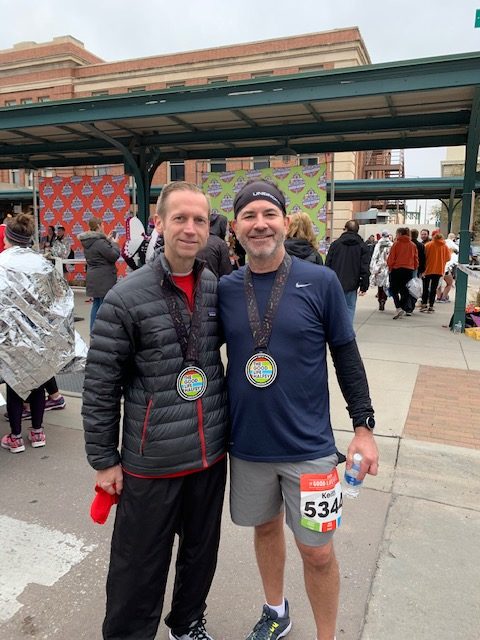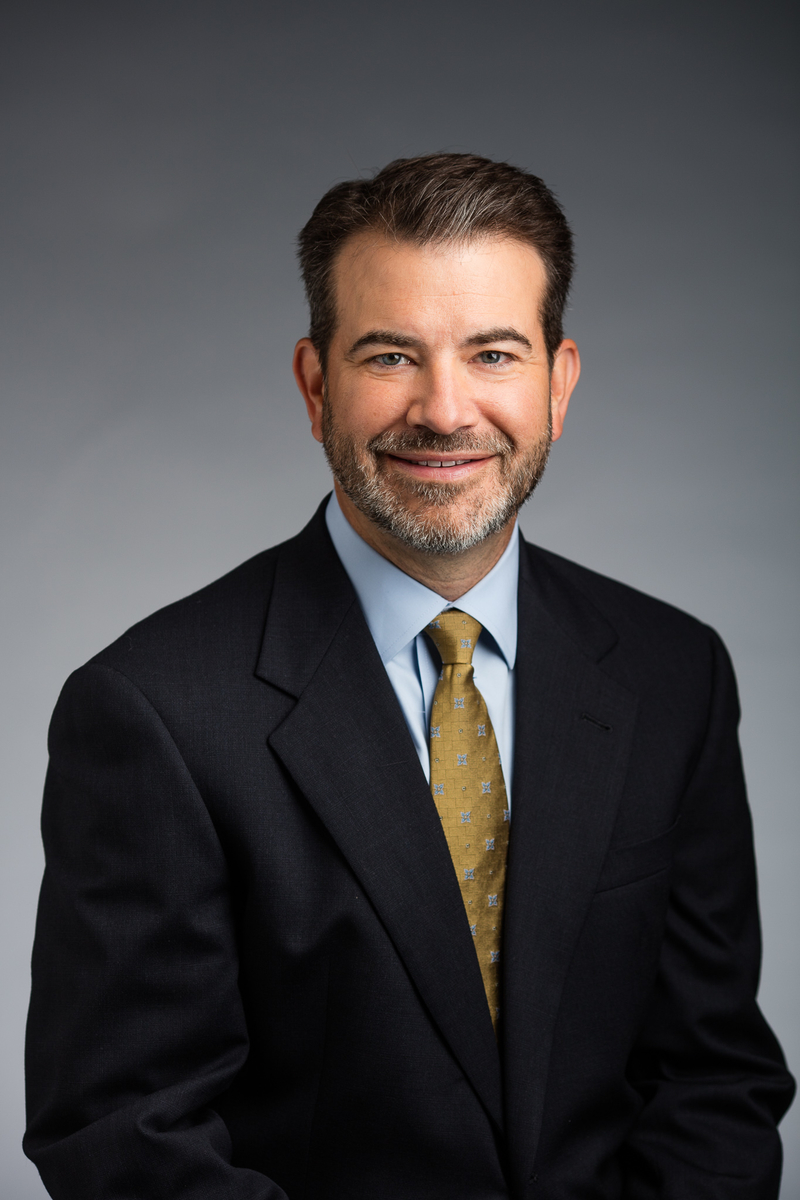I started thinking a lot about my heart health because, at 52 years old (holy crap!), I have come to terms with the reality that I am not immune to the disease that I attempt to PREVENT and TREAT every day as a cardiologist. In short, I have been confronted with my own vulnerability.
So far, thank goodness, I haven’t had any health issues, but I want to be honest with myself and deal with my own future risk of heart attack, stroke and cardiovascular death.
Plus, there are a lot of people like me out there who are getting a little “middle-age-ish,” who may not fully appreciate their risk of cardiovascular disease.
So I thought it would be interesting, educational and perhaps inspirational to share my own personal experience of going through a risk assessment and trying to reduce my risk of heart and vascular disease. I’m focusing on lifestyle changes, but also evaluating whether I am a candidate for prescription medications (such as statins) to reduce my risk.
I had lab work done to find out my cholesterol levels and a coronary calcium scan to help define my risk. And, I have calculated my 10-year risk.
I also signed up for the Good Life Halfsy because I needed a goal to motivate me to exercise!
Identifying Your (and My) Risk for Heart Attack or Stroke
Using only a few, easily obtained pieces of information about your health, you can find out whether you’re on the right track or need some serious lifestyle intervention. You can determine if a little improvement in your diet and exercise program is enough, or whether you may benefit from a medication to lower your blood pressure or your cholesterol level.
If you are in your:
- 50s or 60s – Age alone becomes a very important risk factor for heart disease. Even if you’re seemingly healthy you may be at risk. Let’s face it, cardiovascular diseases like heart attack, stroke and heart failure are extremely common and we are all at risk to one degree or another.
- 40s – You aren’t off the hook, and depending on other risk factors, blood pressure or cholesterol lowering medications may help you.
Taking a Dose of My Own Medicine
I recently did my own cardiovascular health assessment.
Here are my stats:
- 52-year-old white male
- Total cholesterol – 255 mg/dL
- HDL cholesterol – 71 mg/dL
- LDL cholesterol – 168 mg/dL
- Systolic blood pressure – 110 mmHg
- Non-smoker
- Non-diabetic without hypertension
My 10-year risk of having a heart attack or stroke was 3.2%. Not too bad!
I was a little disappointed that my LDL cholesterol was 168 mg/dL, which is definitely higher than I would like. A little improvement in my diet and exercise should do the trick to fix this.
If that 10-year risk number had been 5% or more, with other risk factors like family history, I might have considered going on a cholesterol medicine.
What Can Be Measured Can Be Managed
The point is, heart attack and stroke risk can be measured. And what can be measured can be managed. Lifestyle changes and blood pressure or cholesterol treatment have been shown to reduce the risk of heart attack, stroke and death from cardiovascular disease in people with elevated risk.
The question is, are you one of those people? Don’t wait to find out!
Find Out Your Risk & Take Action if Needed
If you don’t know your cholesterol numbers or you haven’t had your blood pressure checked in a while, talk to your doctor or consider taking part in a health screening offered by Bryan Health.
Find out if you’re at risk with our helpful cardiovascular risk estimator!
The next health screening where you can find out your cholesterol levels, A1c and other important health information is:
Thursday, Nov. 21, 7-9 a.m.
Bryan LifePointe Campus, 7501 S. 27th St.
To learn more and register, click below!
Other Free Risk Assessments
HeartAware
Offered by Bryan Health
Find out your heart age, risk for heart disease and steps you can take to improve your heart health.
If you are at risk, you can choose to have a free consultation with a nurse to discuss ways to improve your heart health.
My Life Check
Offered by the American Heart Association
Get a heart health score with recommendations to make improvements and track your progress.
Remember to Exercise!
Staying active is important for all of us, and any amount you do is helpful to your heart health. It doesn’t have to be a half-marathon! If you’re wondering how my training is going, here’s a photo of me after finishing this year’s Good Life Halfsy. I’m getting there!!

Let’s Improve our Heart Health Together
I hope you’ll join me so we can improve our heart health together. Take the screenings to find out your risk. Look for ways to improve your daily lifestyle. And, if you need help, don’t be afraid to ask for it!
I invite you to follow me and see more videos and blogs to inspire you to better health.

Dr. Keith Miller, MD
Health Expert
Dr. Keith Miller, MD, is a cardiologist with Bryan Heart.








